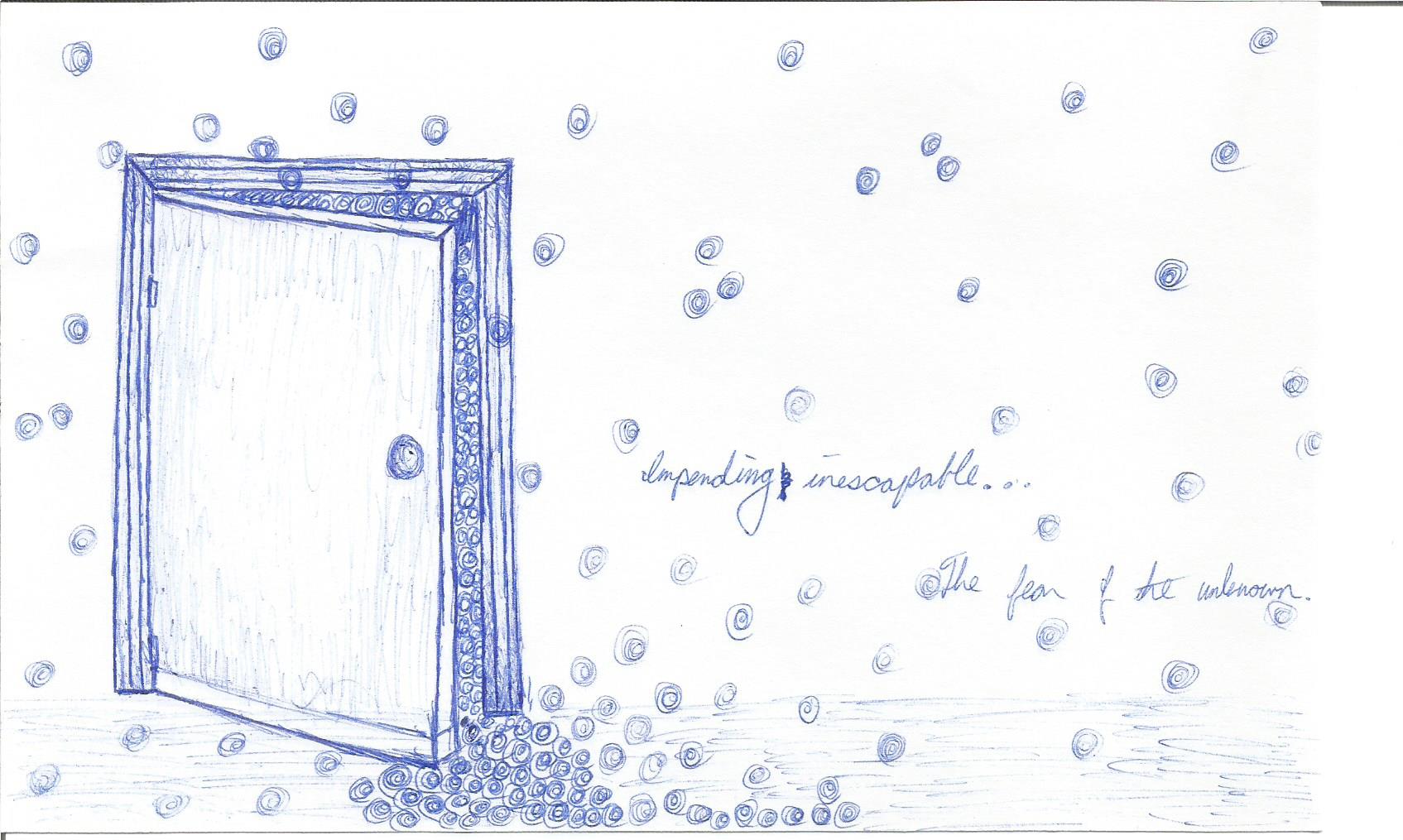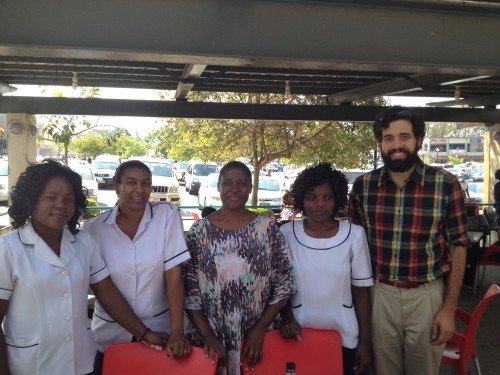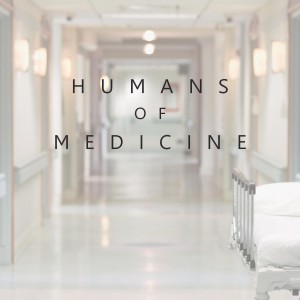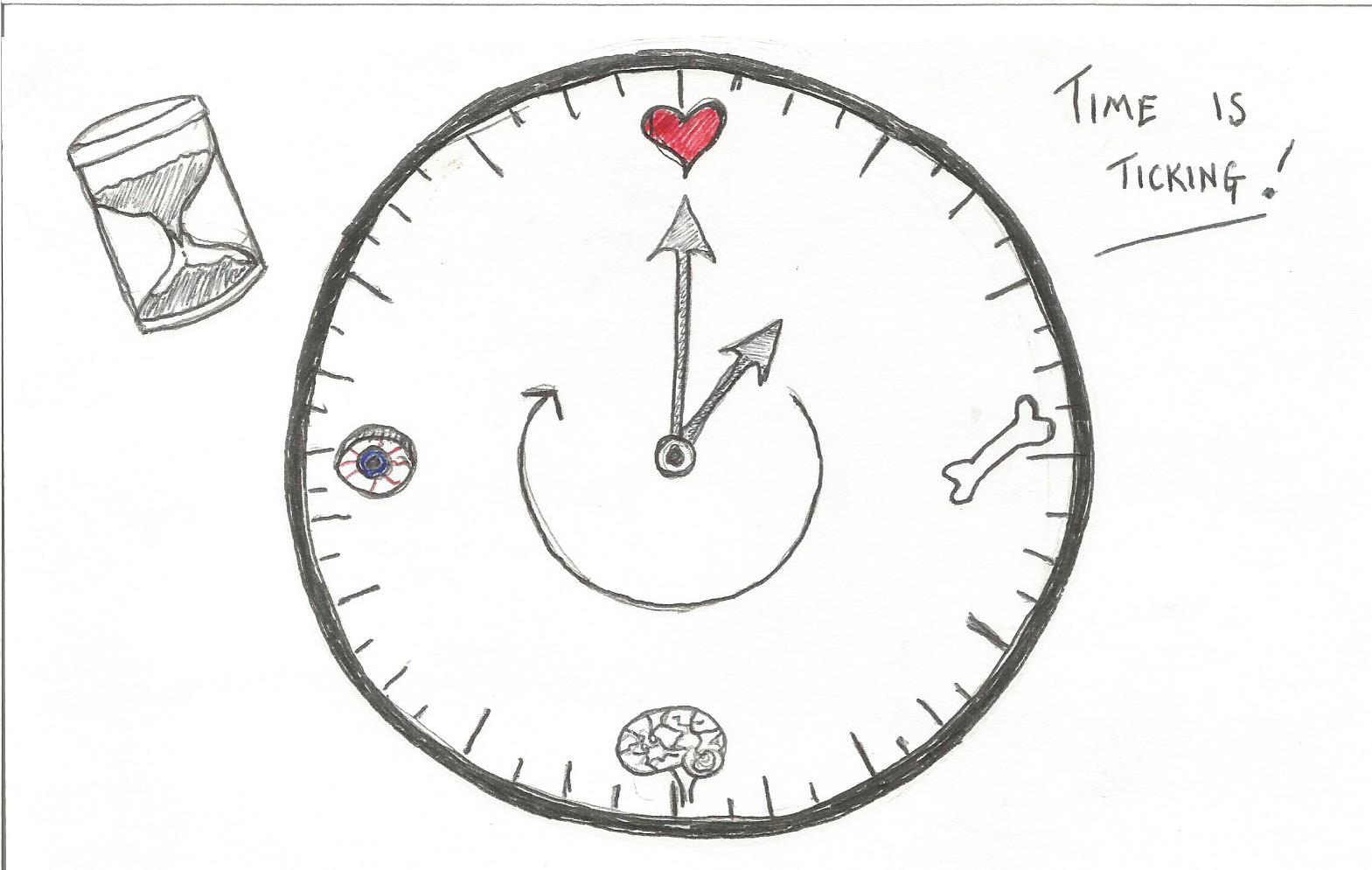Murky Waters in Flint, Michigan
The images of water from Flint, Michigan water came into my mind and I lingered at the sink a few minutes too long. I became heartbroken for the children whose bodies may have been irreversibly and negatively impacted. I became enraged at a system that would prioritize saving pennies over properly protecting its citizens from preventable harm. Governor Rick Snyder, his appointed “emergency financial managers” and other leaders allowed this crisis to develop over years as they mistreated Black citizens through racist policies, violated the public trust, and endangered lives. A significantly poor and majority black city was told it was okay to use polluted water to prepare their children’s dinners. Families washed their dishes in what could be mistaken for urine. They scrubbed their pearly whites with toxins to avoid cavities.








